
This is the fourth in a series of conversations about AI I'm recording as part of this residency. This time I meet Rev Malcolm Brown, the Director of Mission & Pubic Affairs at the Church of England. We discuss some of the contributions that religious communities can make to current conversations around ethics in AI.

This is the third in a series conversations about AI that I'm recording as part of this residency. This time, I talk to CEO of digital think tank Dot Everyone, Rachel Coldicutt. We discuss the importance of friction in a world seamlessly filtered through technology that's increasingly designed to privilege the individual's choice.

There’s an exciting theory going around at the moment. Maybe you’ve heard it. It says that we’re probably living in a simulation, because if it’s possible to simulate worlds, as to some extent it seems to be, then there will certainly already be loads of simulated worlds....

This is the second in a series of conversations about AI that I'm recording as part of this residency. The V&A museum's Tech Lead Duncan Gough and I discuss a number of issues around AI and the arts, including the distancing effect of tech's 'puppets', the bias of datasets, and the role that art and empathy should be playing.
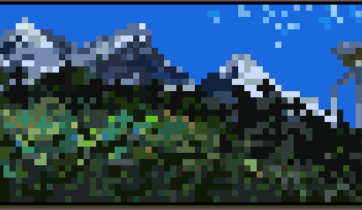
This is hopefully the first in a short series of conversations about AI I'm recording as part of this residency. In this 35 minute chat, my friend, the philosopher Dr Sean Power and I discuss AI's popularity, its connection to ideas about apocalypses, and the real reasons we're so anxious about it all.
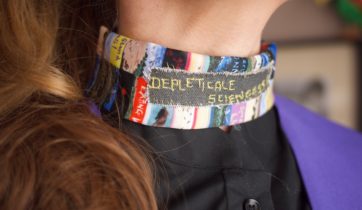
I’m now officially past the half-way point on this residency. When I started, (just eight working days ago!) I really didn’t know where the wind would take me. I certainly didn’t predict that I’d be modelling priest’s garb and positing a sort of suburban science-faith, but look at me now!
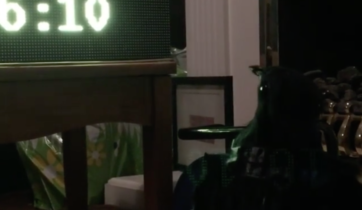
In the eighties we wanted money; in the nineties through to the noughties we wanted fame, and now, in the age of fake news, bare lightbulbs, twitter ticks and Wikileaks, we want transparency, and we look for it everywhere.
They sound like profound pronouncements, and really, who’s to say they’re not? People find meaning in tea leaves and strings of numbers, why not in the unpredictable outcomes of computer code?
Last time, I was thinking about how a collective imagination can bond humans. This time, I’m wondering how we can extend that bond beyond the human race.
In my last post, I was thinking a lot about time, and the Panaceans’ efforts, if not exactly to freeze it, then to erase some of the usual markers of its passing. I drew a parallel with modern mindfulness and ‘slow’ culture movements, but I think we can go a bit further.
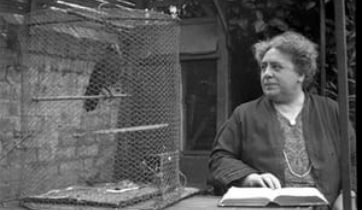
This week I’ve been thinking about individual perceptions of time. Some of us feel its passing keenly, while others, like the Panaceans, see themselves as an integral part of a timeline that never ends. Like a cartoon character, they stretch out every fingertip and toe, straining to stop the clock for as long as possible, before that terrible ripping sound begins...
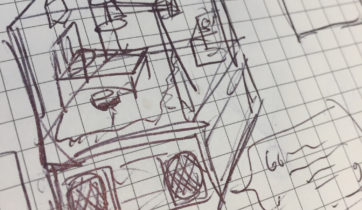
I visited the CenSAMM offices in Bedford in the last week of September, and had a couple of fascinating days immersing myself in the world of the Panaceans